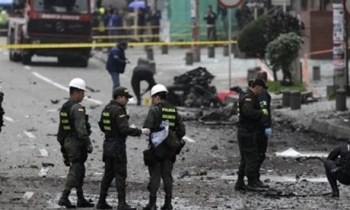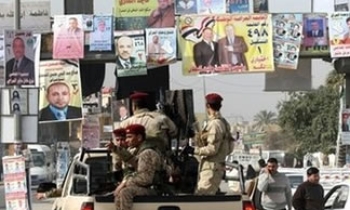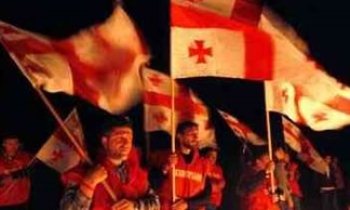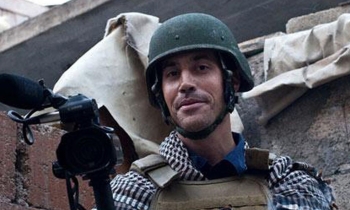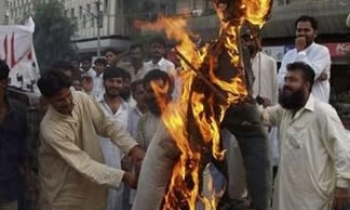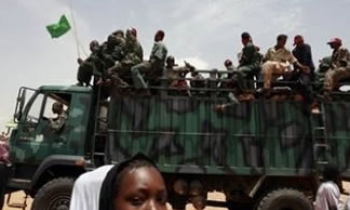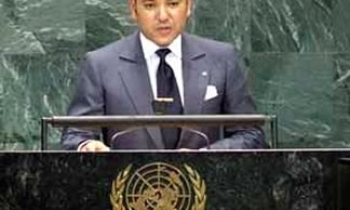KATHMANDU, Oct 14 - Media rights groups and India have strongly criticized the government for introducing the Press Ordinance to curb the rights of the free press and impose restrictions on it.
The spokesperson of the Indian Ministry of External Affairs said on Thursday that it believed that a free and independent press is necessary for the people to enjoy their fundamental rights and democratic freedoms, according to a statement made available by the Indian Embassy here on Friday.
The Indian Embassy statement said that curbs on the freedom of expression and media, which is a fundamental pillar of democracy, would inevitably be counter-productive. "We hope that the Ordinance would not be used to curb the freedom of expression and of the press in Nepal," it added.
Similarly, Committee to Protect Journalists (CPJ), a New-York based global organization of journalists, on Tuesday said that it condemns the restrictive media law implemented on October 9 by the government. "Local journalists report that the ordinance codifies severe restrictions on the press that were announced when the king sacked the multi-party government and claimed absolute authority on February 1," it said.
"These extremely repressive amendments to the press law are a major blow to journalists in Nepal, who have worked tirelessly to preserve their livelihood, from a king who appears determined to destroy the independent press," CPJ Executive Director Ann Cooper said in the statement. "We condemn this law and call for its immediate repeal."
It also said the law also limits any group or individual from operating more than two types of media, according to local news reports. "This provision appears to be aimed at Nepal's major independent media house Kantipur, which operates radio, television and newspapers," it said.
Likewise, Reporters Sans Frontiers (RSF), in a statement issued on Wednesday, roundly condemned the ordinance that imposes drastic new curbs on the Nepali news media.
The cabinet first passed the law in May but delayed its implementation when journalists and media groups strongly protested the restrictions.

